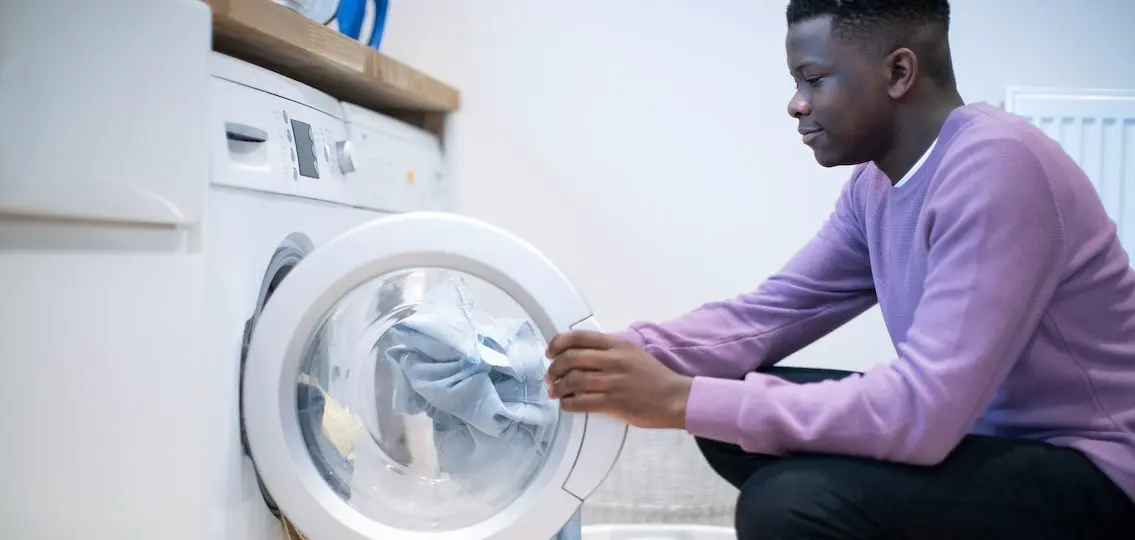It’s senior year, which means it’s time to apply to college. No doubt you’re feeling anxious, but try to relax. It will be a busy few months, followed by more months of waiting to find out where your teenager gets in and where you can afford to send him.

What Seniors in High School Should Focus On:
1. Academics
It’s important to finish first semester of senior year on a strong note. This is not the moment to slack off. At the same time, try not to waste time stressing about your teenager’s overall academic record. What’s done is done. Your student can’t go back and fix that C in AP Chemistry from junior year. Instead focus on what your teenager can still control: first semester grades, application essays, and testing.
2. College list
Make a list (and check it twice). Among the most important tasks senior year is to put together the list of colleges to which your teenager will apply. At a minimum, this list should include at least ONE college that you know your teenager can get into and that you know you can afford. That way, if all else fails, your student has an option for next fall.
3. College costs
If cost is an issue for your family — and, heck, it’s an issue for the vast majority of families — then it’s key to take the time to understand what a college will expect you to pay before applying. Otherwise, you risk your teenager falling in love with — and getting into — a college you just can’t afford. Does it mean you shouldn’t apply? Not necessarily, but you’ll be an educated consumer.
4. Testing
It’s not too late to try for an improved test score on either the ACT or SAT (or to take the SAT Subject tests). Both tests are available several times during the fall. Give your student a solid month to prepare.
5. Demonstrating interest
Help your student “demonstrate interest” in the schools on her list. Schools want to accept students who they believe want to attend. You don’t have to visit campus to demonstrate interest, though that helps. Other ways include alumni interviews, college fairs, and even email.
6. College essay.
At many selective schools, the essay plays an outsized role in the admissions process. Why? Well, most applicants to selective schools have great grades, scores, extracurriculars, and recommendations. So the essay is where applicants are able to distinguish themselves. The bottom line: Don’t write essays — and for most selective schools there will be more than one — the night before the application is due.
7. Application options
These days, some colleges are filling up more than half their freshman class with early applicants. Should your teenager apply early? There are a number of factors to consider, chief among them affordability (i.e. your teenager shouldn’t apply binding early decision unless you know you can afford the school).
8. Applications
Another task not to do the night before? Filling out the application. Your teenager should have at least a few days to make sure he’s crossed all the Ts and dotted the Is (i.e. no misspellings or other typos).

9. Staying calm
Be cool. Once your student has submitted the application, it’s time to let it go. Don’t spend the next months speculating about the process — and, in particular, upping her hopes of getting into a specific school, especially if that school ranks among the most competitive. Instead, remind your student that there are many wonderful colleges out there — and on her list — and where ever she ends up, she’ll be happy and successful.




